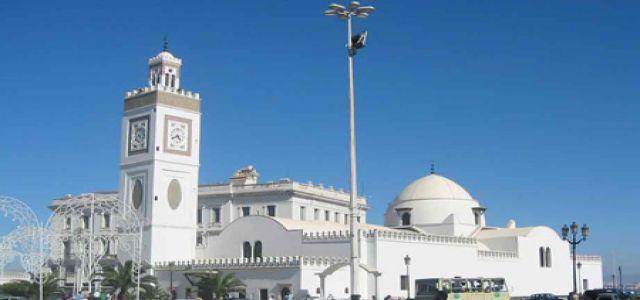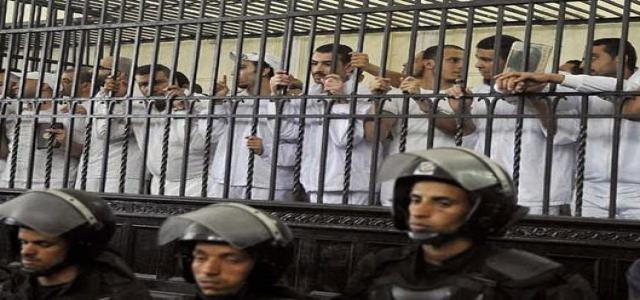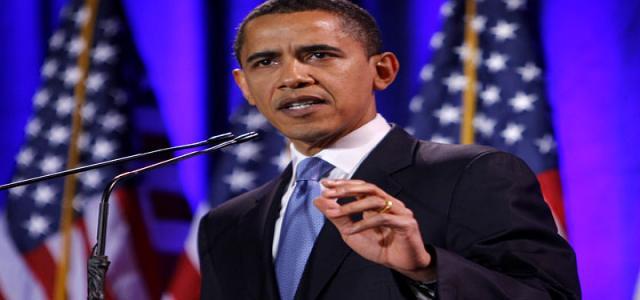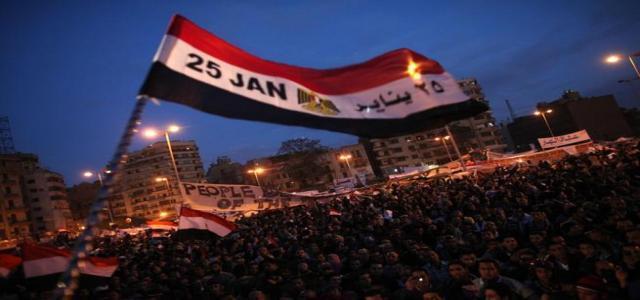- Islamic IssuesIslamic Movements
- December 2, 2009
- 7 minutes read
Minarets in the Land of Freedom

In his recently published book, Les Minarets de la Discorde. Eclairages sur un Débat Suisse et Européen, which discusses the controversy around minarets in Switzerland, Dr. Patrick Haenni gives an overview of the current debates on Islam in the West. European Muslims Section presents this book to IOL readers through Mr. Husam Tammam’s two-part introduction. In part one, Mr. Tammam briefly describes the initiative of banning the construction of minarets, main reasons behind it, and the situation of Islam in the West nowadays.
What’s Behind the Ban
| Read the Live Dialogue with Dr. Patrick Haenni, author of Les Minarets de la Discorde. Eclairages sur un Débat Suisse et Européen. |
Moreover, the intellectual movement nurtured by the criticism against Islam since the end of the Cold War and the termination of the Communist camp is benefiting now from the cross-border communicative globalization as well as from the intellectual and scientific façades that lead both the media and the theoretical coverage toward causes related to Islam and Muslims. The movement seems to have an indirect or superficial relationship with the Jewish lobby except for some Anglicans or what is called Christian Zionists.
Strong Islamic Presence
Clear examples on these Islamic features increasingly appearing can include the mosques, hijab and burqa, as well as political Islam — not to mention the growing annual number of the westerners converting to Islam. How do these manifestations fit in the general Western atmosphere? Although it is a space that is supposed to be democratic and pluralistic and should be apt to accommodate various religious trends, it seems, however, that this democracy is not as high as the Islamic minarets.
What This Book is About
| Mohammed Mosque, Switzerland |
“Citizenship” guarantees all the fundamental rights protected by the constitution as well as the international conventions, such as freedom of religion and ownership, the right to equality of treatment among all different religious groups, including the majority Christians (whose towers of churches are freely constructed).
At the same time, there is a common feeling of contradiction because this principle is fundamentally incompatible with the philosophy of citizenship. Such philosophy is based on the idea of belonging to a “secular” state. The later in its core revolves around criticism against loyalty to religious, ethnic, and tribal groups.
History of Referendum
The Swiss political system establishes a constitutional tradition that resembles the notion of direct democracy stated in the intellectual heritage of the West. The Swiss people can convene in committees calling for specific amendments in the federal constitution in what is called a popular initiative. The number of authentic signatures submitted to Swiss federal constitutional authorities shall not be less than 100.000 for an approval to launch a popular referendum. Hence, initiatives are extremely important as a means of expressing societal demands utilizing the opportunities secured by the Swiss legal and political systems.
It is true that the international law and human rights conventions constitute a clear commitment for all countries as is the case with Switzerland. The initiative to ban the construction of minarets shows how far Switzerland does not conform with the conventions calling for the freedom of religion and ownership, and the right of equality; not to mention the country’s role keeping civil peace and coexistence between the multiple religious groups.


